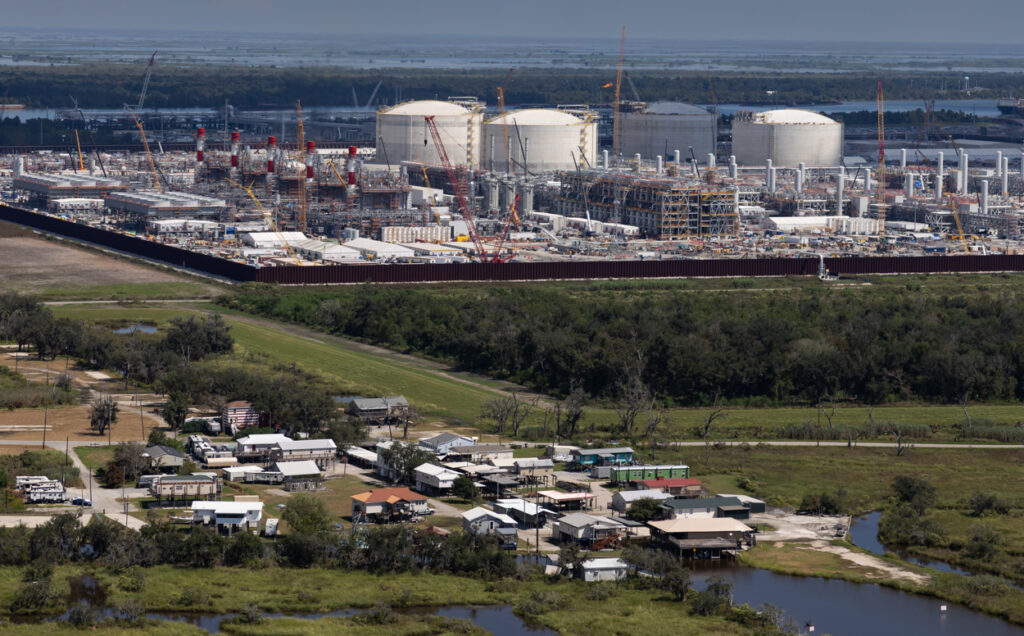30 years ago, the famous naturalist Louis Leaky agreed to send an extraordinary young woman named Birute Galdikas deep into the wilds of Borneo to do the one thing she desired to do more than anything. Galdikas wanted to study and understand the life of the ‘elusive red ape’ – the Orangutan.
Today Dr. Birute Galdikas is considered one of the foremost experts on Orangutans. To this day she remains in Borneo, huddled in the dense peat swap forests – surrounded by foreign owned palm oil plantations, poachers, illegal loggers and gold miners – a single voice fending off the rapidly developing world and defending the last of these great apes.
I had the distinct pleasure of sitting down with Dr. Galdikas during my recent expedition to the jungles of Borneo and discussing at-length with her the future of this majestic animal, its place on the critically endangered species list, and the effects the events in Borneo are having on climate change.
According to Dr. Gladikas, the extinction of the Orangutan and the dire predictions of global climate change share a very similar root.
In short, the very events that are driving the Orangutan to extinction are the same that threaten our planet’s climate.
In the name of business, specifically, palm oil and mining, thousand of miles of peat swamp forest are burned in Borneo and many other regions throughout the world every year. Sadly, these forests also contain vast amounts of carbon, which when burned is released into the atmosphere, making Borneo, a small an non-industrial island, one of the largest emitters of greenhouse gas in the world.
Tragically, thousands of orangutans are also exterminated in the process.
So why do oragutans care about global warming? Because the actions we can take to save our planet are the same ones that will save the great red-ape from what E.O. Wilson calls the “death of birth.”
What can you do?
With the help of sponsors, Dr. Galdikas and her organization, the Orangutan Foundation International, are attempting to outbid the palm oil companies for the forests, approximately $150 per acre. Dr. Gladikas hopes to purchase 12,000 acres over the next few years – effectively preserving a habitat for the primates as well as preventing millions of tons of carbon from escaping into the atmosphere.

Editor’s note: we insisted on publishing this photo! Ah, true love…
On November 8, 2008 American Explorer Todd Carmichael will attempt to become the first American in history to reach the South Pole, solo and unaided.
Sign up for Todd’s Expedition E-lerts and keep track of Todd’s Expedition with live updates throughout the journey.
Subscribe to our newsletter
Stay up to date with DeSmog news and alerts







